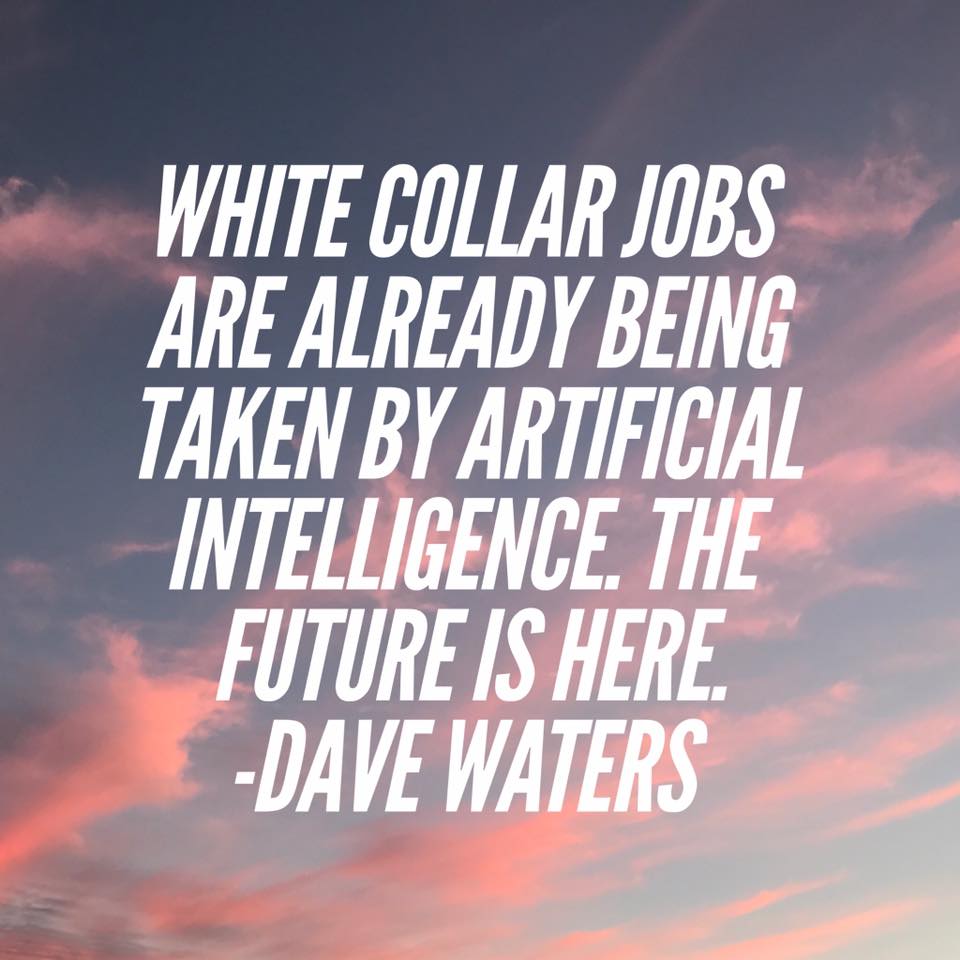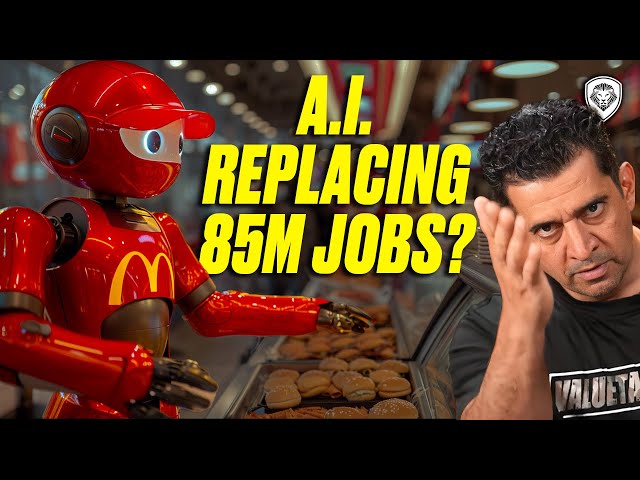What Is RPA – Robotic Process Automation.
Robotic Process Automation, or RPA, is a type of technology that allows organizations to automate routine, repetitive tasks that are typically performed by humans. RPA uses software “bots” or “robots” to mimic the actions of a human user, such as logging into a system, entering data, or generating reports.
RPA is designed to be flexible and scalable, and can be used to automate tasks in a wide range of industries and applications. It has the potential to significantly improve efficiency and reduce the risk of errors in business processes.
Advantages and Disadvantages of RPA
There are a number of potential advantages to using RPA, including:
- Improved efficiency: One of the main benefits of RPA is its ability to automate routine, repetitive tasks, which can help organizations save time and improve their overall efficiency.
- Reduced risk of errors: RPA can also help reduce the risk of errors in business processes by eliminating the need for manual data entry and other tasks that are prone to mistakes.
- Increased productivity: By freeing up employees from routine tasks, RPA can help organizations increase their productivity and focus on higher-value work.
- Cost savings: By automating routine tasks, RPA can help organizations save on labor costs and improve their bottom line.
- Flexibility: RPA can be easily scaled up or down to meet changing business needs, and can be used to automate tasks in a wide range of industries and applications.
There are also some potential drawbacks to using RPA, including:
- Upfront costs: Implementing RPA can involve significant upfront costs, including the purchase of software and the development of automation processes.
- Limited scope: RPA is best suited for automating routine, repetitive tasks, and may not be suitable for tasks that require more complex decision-making or problem-solving.
- Integration challenges: Integrating RPA with existing systems and processes may require significant effort and resources, particularly if the systems are not well-suited to automation.
- Job displacement: Finally, RPA has the potential to displace some jobs, as it automates tasks that were previously performed by humans. This may be a concern for some organizations.
Overall, the advantages and disadvantages of RPA will depend on the specific needs and goals of the organization considering its use.
Cost Savings: RPA
There are a number of ways in which RPA can help organizations save costs. Some examples include:
- Labor cost savings: One of the main ways that RPA can save costs is by automating routine, repetitive tasks that were previously performed by humans. This can help organizations save on labor costs, particularly if the tasks are time-consuming or require significant resources to complete.
- Improved efficiency: By automating routine tasks, RPA can help organizations save time and improve their overall efficiency. This can lead to cost savings through increased productivity and reduced labor costs.
- Reduced errors: RPA can also help reduce the risk of errors in business processes, which can save on costs associated with correcting mistakes or recovering from errors.
- Improved compliance: If RPA is used to automate tasks related to compliance or regulatory requirements, it can help organizations save on costs associated with non-compliance.
A quick explanation of Robotic Process Automation in 5 minutes. If you don’t know what is RPA watch the video because you should.
Robotic Process Automation Quotes
- “Automation is going to cause unemployment, and we need to prepare for it.” ~Mark Cuban
- “In the long term, artificial intelligence and automation are going to be taking over so much of what gives humans a feeling of purpose.” ~Matt Bellamy
- “If you aren’t trying to automate what you are doing then someone is going to do it for you.” ~Dave Waters
- “There’s a lot of automation that can happen that isn’t a replacement of humans but of mind-numbing behavior.” ~Stewart Butterfield
- “Whatever you are studying right now, if you are not getting up to speed on deep learning, neural networks, etc., you lose. We are going through the process where software will automate software, automation will automate automation.” ~Mark Cuban
- “Marketing automation is the technology that propels your business into a new era of relationship based marketing with quantifiable results. When powerful technology meets effective implementation and internal process management, your company will soon find itself on a journey that leads to new heights of business success.” ~Jon Miller
Automation Taking Jobs?
- AI Supremacy: Super Intelligence Quantum Computers Documentary
- Alphabet CEO Sundar Pichai Quotes.
- Amazing Robots Performing Difficult Jobs.
- How I Automated a Supply Chain with Machine Learning, AWS, and Python.
- Meet Sophia, World’s First AI Humanoid Robot
- The Robot Revolution: The New Age of Manufacturing.
- Top Quotes about AI, Automation and Robotics.
- 9 MOST ADVANCED DELIVERY ROBOTS IN THE WORLD.
AI Is Disrupting Every Industry.
The Future of AI in the Workplace. Robots taking Jobs.
AI Will Take Your Job | Mark Cuban.
How AI Is Already Reshaping White-Collar Work.
AI Won’t Replace Humans—But Humans With AI Will Replace Humans Without AI.
Top 10 Biggest Risks of Artificial Intelligence.






